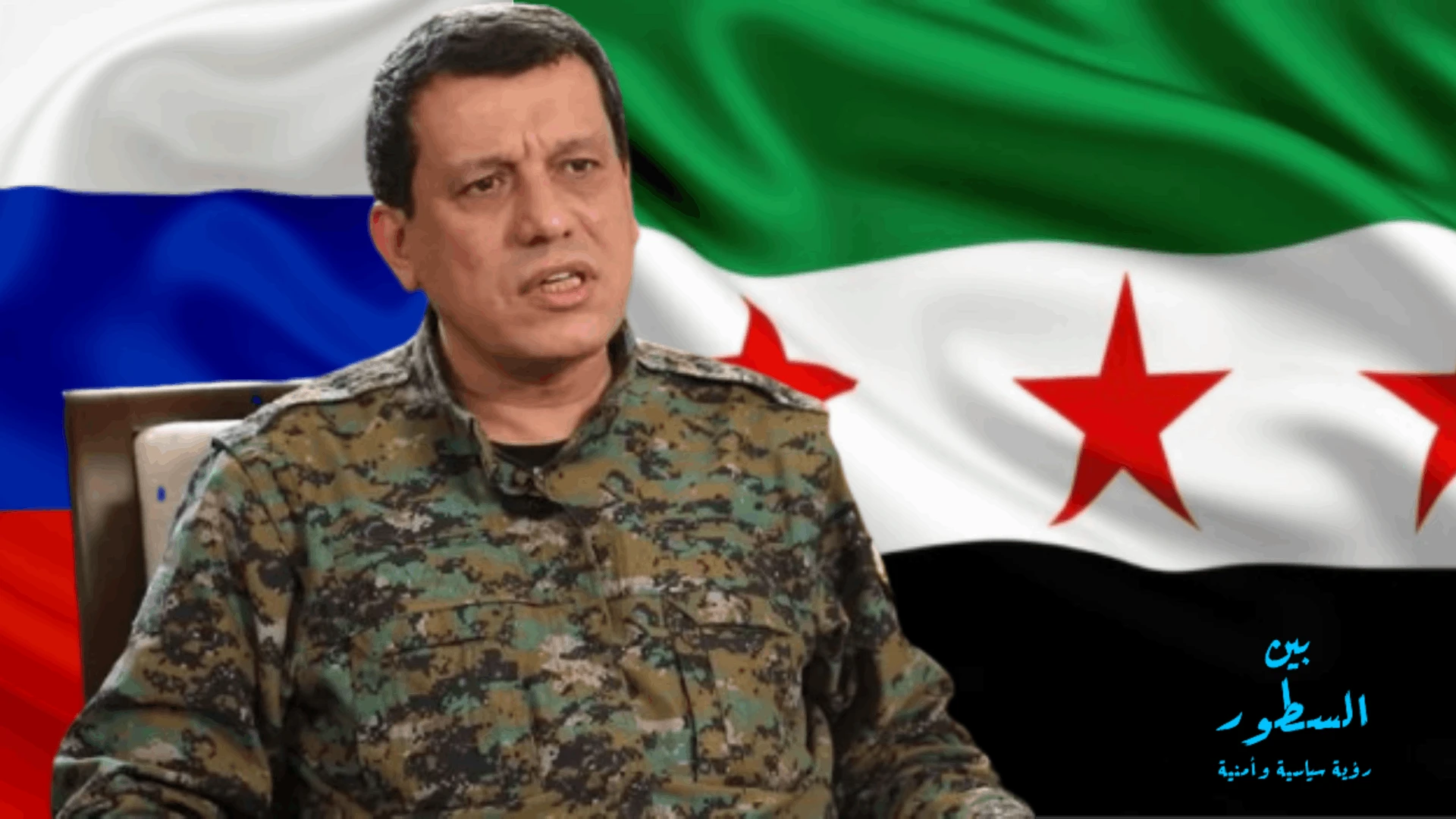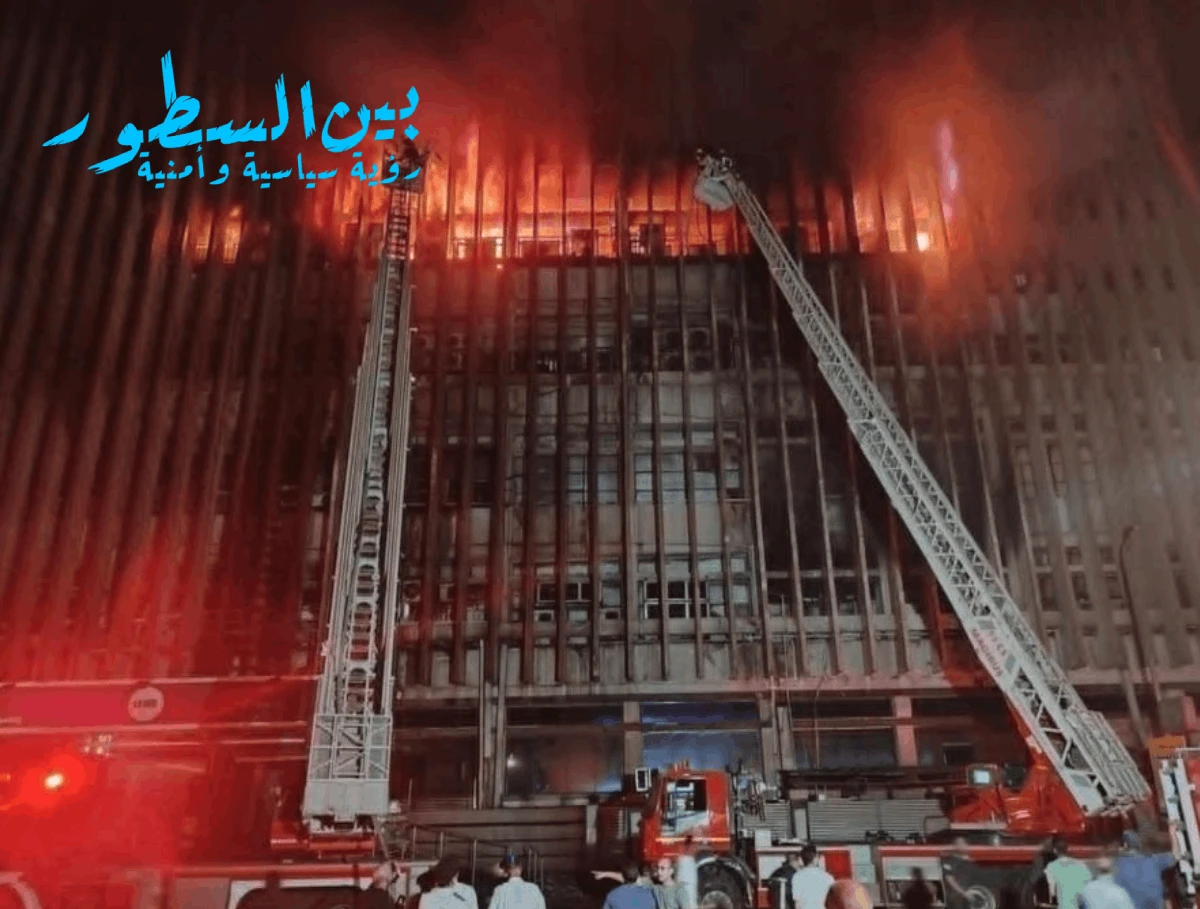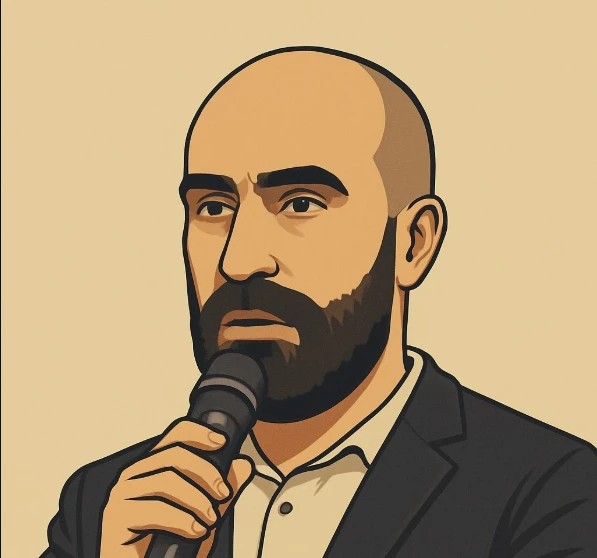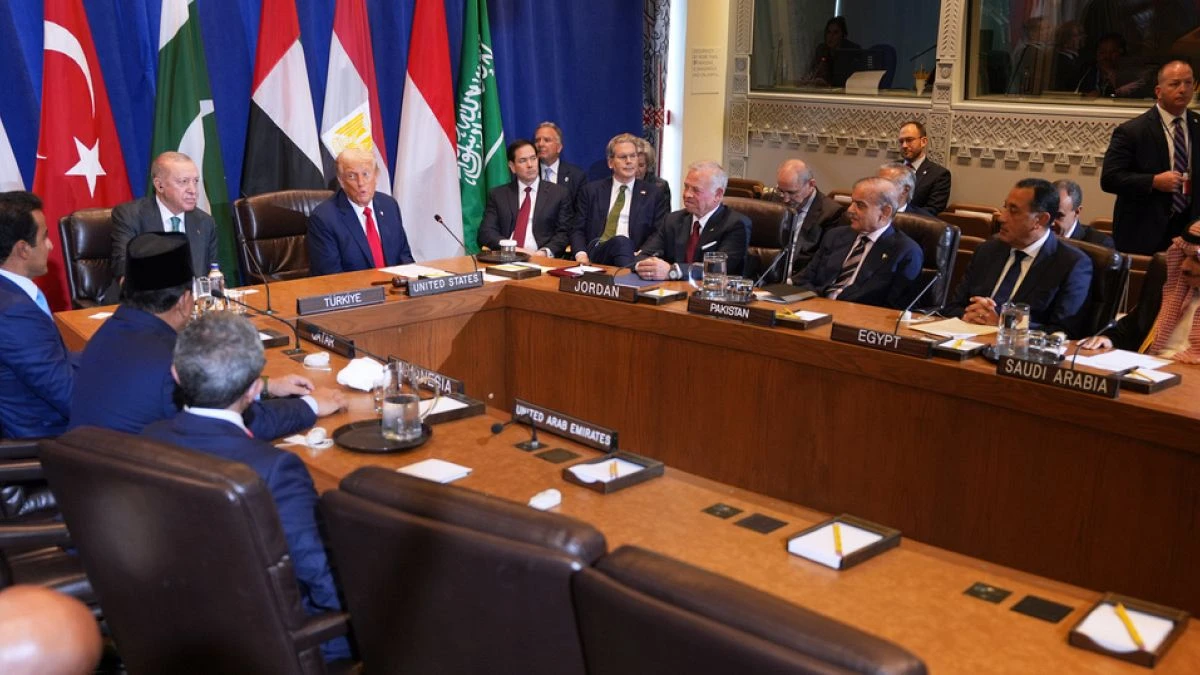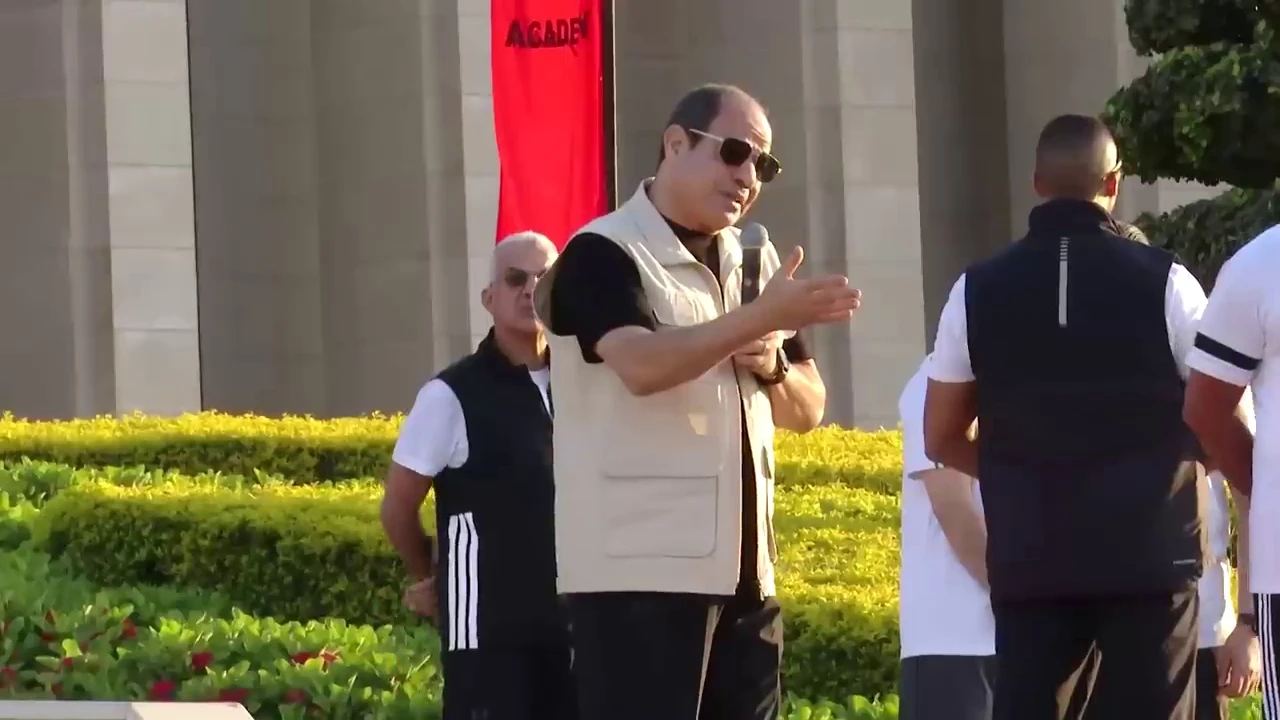Russia's New Positioning in Syria: Moscow's Alliance with the SDF
This is an AI-generated English translation. The original text is in Arabic.
Russia has begun repositioning itself in Syria once again, but this time by playing the same role that the United States has played for many years, when Russia was the ally of the regime back then.
Today, with the change of the regime and the arrival of a pro-American system, or at least one supported by the U.S. to carry out the required tasks, and the announcement by this new regime led by Ahmad al-Shara - indirectly - that Russia no longer has a place in the newly born Syrian state, Russia found itself with no choice but to resort to the long road, relying once again on its old tools in the region, and perhaps allying with "SDF," which it has become clear that the Trump administration is no longer interested in keeping as a separate federal force - at least for now.
The Fall of Assad: How Did the Western Carrot and Stick Fail?
The Western system led by the United States, over decades during which the Baath regime controlled Syria, played an important role in obstructing Assad's movements in some foreign policy files that affect the interests of America and its allies in the region, such as Israel and some Arab regimes.
The Western regimes have tried to win over Bashar al-Assad many times, pushing him to shift from the Russian side to the American one, by offering unilateral promises and incentives, but Bashar al-Assad refused to take these "carrots."
In contrast, the Western "stick" operated through international law and international courts to pursue Bashar al-Assad and his regime, alongside imposing numerous individual and collective sanctions on the regime and its supporters.
Bashar al-Assad rejected alignment with the West, preferring to remain under the Russian umbrella for reasons related to his regime and the extent of Russia's control over the levers of the Syrian state during the years of the revolution, which made exiting this alliance almost impossible. He later paid the price for this, through the fall of his regime in the "Deterrence of Aggression" battle, where his forces collapsed before a coalition of revolutionary and Islamic factions, paving the way for Ahmad al-Shara to take power and announce Syria's shift to the Western camp.
The New Regime Pushes Back Against Moscow: An Unconvincing Offer
During the first months of Ahmad al-Shara's rule, Russia attempted to communicate with the new regime, announcing its readiness to support it in achieving its goals through potential partnerships. However, al-Shara ignored these initiatives, and media figures associated with him spoke about the necessity of handing over Bashar al-Assad as a condition for entering into any negotiations.
In my opinion, this condition was merely a calculated maneuver by the new regime, as it was aware that Russia would not agree to hand over Assad, and thus it served as a pretext for an indirect response to Moscow's attempts.
The Syrian Public's Stance Controls the Situation
Perhaps Moscow did not realize that most of the Syrian people still hold painful memories of the Russian presence, especially after its full support for Assad over ten years that resulted in hundreds of thousands of dead and missing. Therefore, the new government in Syria does not have the luxury of opposing the desires of the street, especially since many of the leaders of the new regime emerged from the factions that were directly harmed by the Russian bombardment.
SDF Between Washington and Moscow: The Winning Card
During his recent visit to Syria, U.S. envoy Tom Barak spoke about the necessity for "SDF" to abandon separatist thinking and engage in implementing the agreements it signed with al-Shara's government a few months ago. These statements came after the failure of meetings between the two sides to reach a mechanism to activate these agreements.
These statements reflected the diminishing importance of "SDF" to America, especially after it gained an official ally in power in Damascus. "SDF" was an American card against Russian influence during Assad's time, but today, there is no longer any justification for keeping it in light of the existence of a friendly and "obedient" government.
Moscow Reaches Out to SDF: A Necessary Alliance?
It seems that Russia has picked up on these shifts and has begun to communicate with "SDF" to offer political and perhaps military support, after Washington abandoned them. Given the presence of a large number of officers and military personnel loyal to Bashar al-Assad in the areas controlled by "SDF," the Russian attempt may appear to be quite effective.
In my opinion, "SDF" may seriously consider this offer as long as it serves its separatist goals, even if it comes from its former adversary.
Political Maneuvering in a Familiar Russian Style
In a symbolic move, Russia recently announced its recognition of the Afghan regime led by the Taliban, despite the fact that the group was classified as a terrorist organization internationally. This decision seems to have come as a reaction to Washington's announcement of lifting sanctions on the new Syrian regime, which is considered less committed to jihadist ideology than the Taliban.
This illogical approach can only be understood in the context of political maneuvering, and an attempt to occupy the new Syrian regime with side issues, and perhaps rally the sympathy of some Moscow-supporting countries to pressure them again to impose sanctions on the new regime.
Russia has already begun to activate international legal issues against the new Syrian government, related to violations of some agreements signed with the previous regime, foremost among them the issue of debts owed to Russia.
Information indicates the beginning of actual cooperation between Russia and "SDF," especially in the field of airport usage, most notably Qamishli Airport, which has witnessed significant activity in recent days, indicating that the relationship has entered a new and serious phase.
Hamza Hassan

